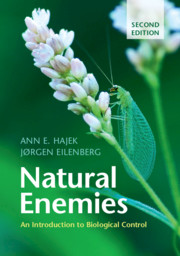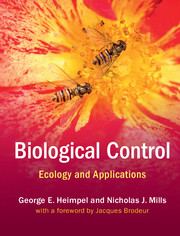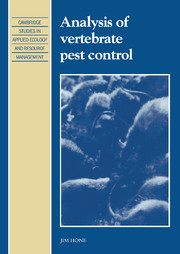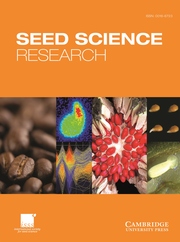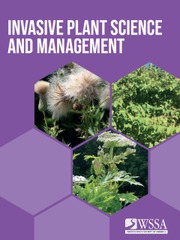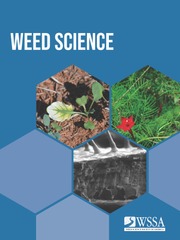Biological Control by Natural Enemies
Control of insect pests and weeds by their natural enemies offers a proven, feasible, safe, ecological method to pesticidal control. In this concise and fascinating account, Paul DeBach and David Rosen trace the historical background of biological control and examine in detail some of the most famous examples of the discovery of natural enemies and their implementation as active successful biological controls. The book has been thoroughly updated to incorporate recent studies, projects and developments on all aspects of biological control. Conclusions reached, however, remain the same; more biological control is needed - alone and as the mainstay of integrated pest management programmes - if there is to be a diminished use of toxic chemicals which are more expensive, less effective and most importantly, damaging to the environment. This is a second edition of the highly successful book published in 1974 under the same title.
Product details
June 1991Hardback
9780521391917
456 pages
237 × 156 × 26 mm
0.836kg
115 b/w illus. 14 tables
Unavailable - out of print January 2000
Table of Contents
- 1. Pests, pesticides and biological control
- 2. Natural enemies
- 3. Biological control ecology
- 4. Early naturalists and experiments
- 5. The first foreign explorers
- 6. Modern foreign exploration and successes
- 7. Maximising biological control through research
- 8. Utilization by the public
- 9. Other biological methods
- 10. Escape from the pesticide dilemma.


